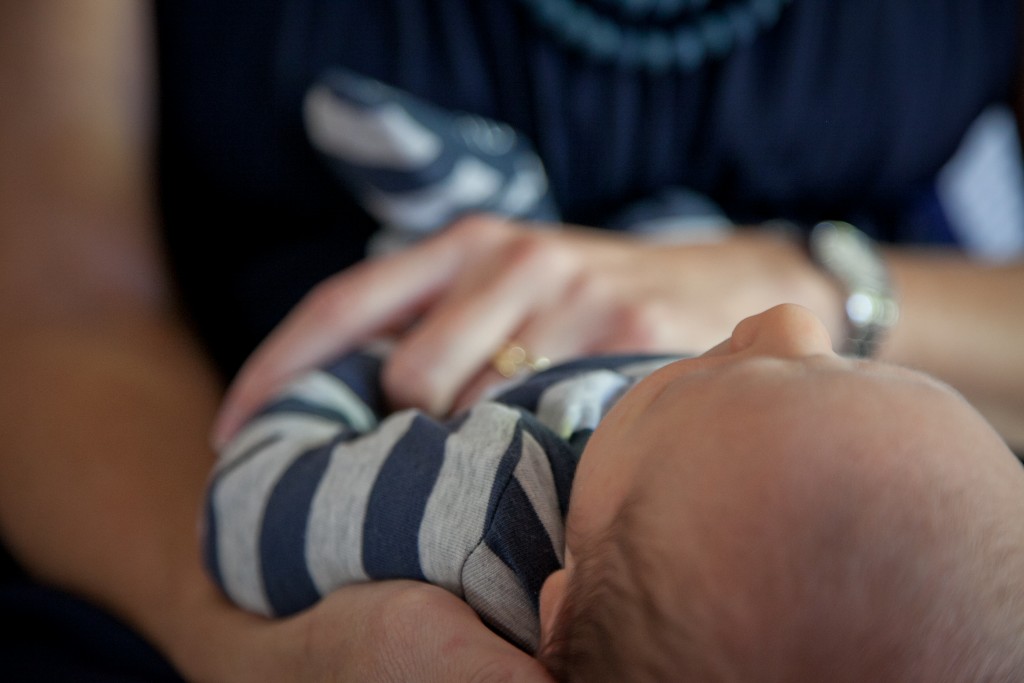Although the dangers of consuming alcohol during pregnancy is a well-known fact, very little is known about the after-effects of alcohol consumed by breastfeeding women and their infants.
Information with regard to the effects of alcohol intake by breastfeeding women and the infants are constrained. Therefore, it is important for women to find out the correct information of probable risks pertaining to alcohol being transferred to the infant through breastfeeding.
The existence of alcohol in mother and baby
When a mother consumes alcohol, it is passed easily to her breast milk and the alcohol levels are similar to the measurement in maternal blood and peak 30 to 60 minutes subsequent to consuming an alcoholic drink. Probably, a 5% to 6% of the weight-adjusted maternal dose is the estimated quantity of alcohol taken in by an infant through the breast milk. Generally, the alcohol presence in breast milk can be discovered within 2 to 3 hour after consuming a single drink.

Temporary effects of alcohol on a breastfed baby
As per researches carried out babies who had been breastfed by women who had drunk alcohol 4 hours before nursing consumed nearly 20% less in comparison to non-alcohol drinking breastfeeding mother’s babies.
Even though some have contemplated that this decrease in less intake of milk is due to changes in the taste of the milk, it is more likely due to reduced supply as it has been observed that babies really consume more quantity of alcohol enriched milk when provided in a bottle in comparison to plain breast milk.
Observations of changes in infants’ sleep pattern by 2 studies have revealed that the amount of sleep has not changed whilst another study indicated that the total sleep time reduced on an average of 25%.

Permanent Effects of alcohol on a breastfed baby
This is believed to be a difficult area of research and is less studied and it should be considered that mothers who consume alcohol may pose a threat on a child’s development by her behavior or ability as a parent.
Further, as per research, although psychological development has not been affected by maternal use of alcohol, indications of motor development were very much lower in babies consuming alcohol in breast milk regularly.

Neutral Conclusions
Although these studies on the risks of alcohol in breast milk are disturbing, there are various types of alcohol intake and it would be incorrect to think that having a drink once in a way is as dangerous as regular drinking. The knowledge of the risk of alcohol consumption is made even more difficult by the truth that there are psychosocial, cultural, genetic and financial issues that leads to alcohol consumption and these, in turn, could also have a serious blow on a child’s outcome.
As per current data indications breastfeeding after consuming alcohol affects milk production, sleep patterns, it has also revealed that alcohol passed through breast milk could have detrimental neurodevelopment effects.
It has been recommended to avoid nursing infants for 2 hours after their last drink to allow the alcohol to be cleared from the breast milk.
Pumping the milk before consuming any alcohol is the best solution to avoid this risky situation.
Medela breast pumps are available online at www.ilsbabycare.com.au with free delivery within Sydney.


